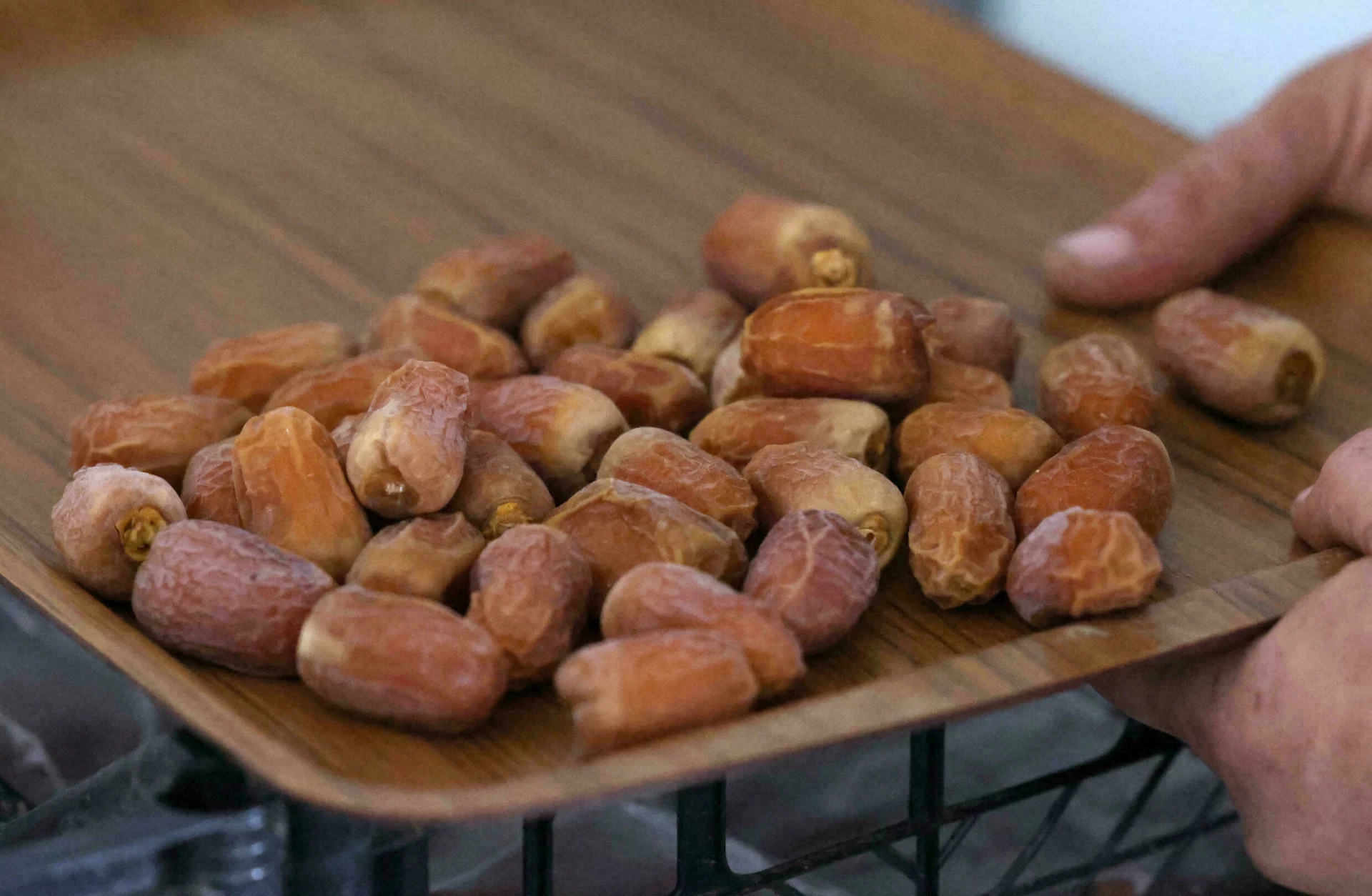Abu Dhabi’s agricultural production in 2020 was valued at AED13.7 billion ($3.72 billion) in 2020, with an increase of 12 percent compared to 2019, growing at a compound annual growth rate of 6.5 percent for 2017-2020.
Statistics collected by the Abu Dhabi Agriculture and Food Safety Authority (ADAFSA) in collaboration with the Statistics Centre Abu Dhabi (SCAD), showed that the agricultural production increase resulted in improving the agricultural sector’s contribution to Abu Dhabi’s GDP to 1.1 percent last year, compared to 0.8 percent in previous years.
The statistics also showed the total local agricultural production hit 707,774 tons in 2020. Crop production reached 421,524 tons, about 59.6 percent of the total agricultural production, with an increase of 33 percent compared to 2017. However, animal production increased by 27 percent, accounting for about 40.4 percent of the agricultural production with nearly 286,250 tons.
Regarding animal production, the emirate’s commercial farms produced about 168,273 tons of cow milk (58 percent), 50,718 tons of poultry meat (18 percent), 42,916 tons of table eggs (15 percent), and 25,662 tons of red meat (9 percent).
Meanwhile, dates made up 61 percent of the total plant production with about 258,335 tons, compared to 39 percent of vegetable and fruit production, amounting to 163,189 tons.
According to ADAFSA, animal and plant production, without feed, is expected to reach 741,886 tons, rising by 33 percent compared to production in 2017 and an increase of 5 percent compared to 2020.
By surveying all commercial and small-scale farms in Abu Dhabi, animal production is expected to increase by 62 percent compared to 2017 and by 12 percent compared to production in 2020. However, vegetable and fruit production is expected to grow by 16.5 percent compared to 2017.
ADAFSA said it is keen on promoting the best farming practices, techniques and systems, especially vertical farming, for its ability to produce five to 10 times more than traditional farming.
The authority also encourages farm owners to use modern irrigation systems to rationalize water consumption, algorithms to identify potential risks of livestock disease outbreaks, and agricultural research outcomes of growing climate-appropriate plants.
The authority is working on increasing the competitiveness of local produce in the market. To that end, ADAFSA launched the “Abu Dhabi GAP” program, the local version of the GLOBAL GAP, which applies standards of quality agricultural production to ensure food safety, a sustainable environment and the health of food handlers.
It also encourages the transition from conventional to organic farming by awarding relevant licenses to some farm owners.

